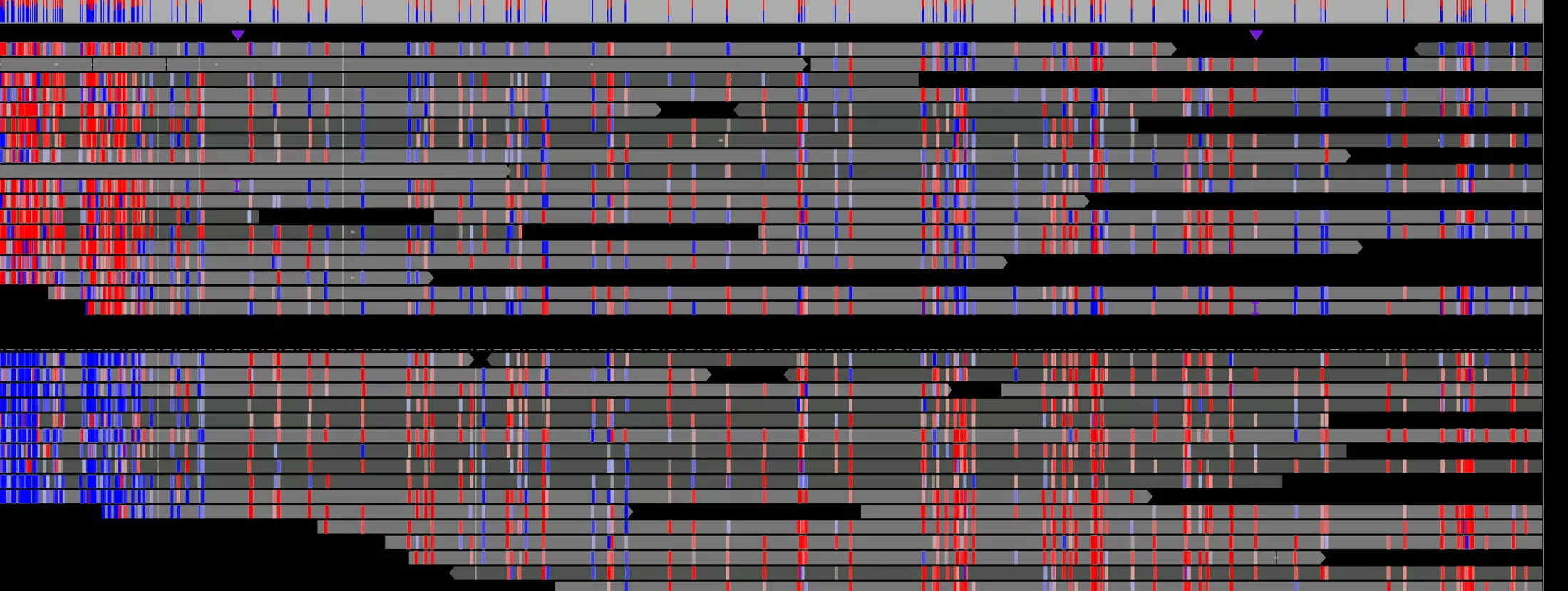About Disorders Involving Imprinted Genes
Imprinting disorders are a group of congenital disorders caused by the disruption of genomic imprinting processes, many of which can influence fetal growth, development and metabolism. Epigenetic processes involved in the regulation of genomic imprinting can silence or turn off the gene copy from one parent, only expressing or turning on the gene copy from the other parent in the offspring. In other words, imprinted genes show expression only from one but not both parents, either a maternal gene copy or a paternal gene copy, depending on the gene. Imprinting disorders are a consequence of genetic changes at imprinted regions of the genome leading to a complete loss of function or overactivity of the local imprinted genes.
During normal fertilization, the child inherits one copy of each chromosome from both parents, but in uniparental disomy both homologous chromosomes are inherited from only one parent and not the other. Uniparental isodisomy occurs when the two inherited chromosomes or regions of chromosomes are identical, and uniparental heterodisomy occurs when two different chromosomes are inherited from only one parent. When both chromosomes are inherited from just one parent, imprinted genes contained within the chromosomes can cause rare diseases.
Imprinted disorders can present at any age, from birth to adulthood. These disorders can be associated with growth abnormalities, including growth restriction or overgrowth; metabolic, endocrine and neurologic disorders; hypotonia; feeding difficulties; skeletal and gait abnormalities; cardiac, respiratory and renal complications; or developmental delay and intellectual disability. Some have also been shown to be associated with an increased risk for cancer.
Advanced Screening, Diagnostics & Treatments
Our multidisciplinary team of world-renowned experts specializes in the prevention, early detection and treatment of rare imprinting disorders and offers comprehensive, personalized care focused on optimizing health and quality of life. We use the latest diagnostics, including advanced epigenetic testing, massively parallel sequencing, chromosomal microarray analysis, fluorescence in situ hybridization (FISH) and advanced imaging to facilitate precision medicine treatment plans. Depending on the diagnosis, we offer genetic counseling and the latest treatment approaches, including growth hormone therapy and cancer surveillance. If surgery is needed, our surgical specialists offer open, reconstructive and minimally invasive and robotic approaches.

Learn More About Disorders Involving Imprinted Genes
Receiving a diagnosis of a rare disorder involving imprinted genes, or being at risk for or suspected of having one, can feel overwhelming, but learning more about the diagnosis can help you navigate treatment and care. Visit the links below to learn more about some of the different types of rare disorders, their causes, and associated symptoms as well as screening and treatment options. This list includes a selection of rare disorders involving imprinted genes. Schedule a consultation with us for diagnosis and treatment options for these or any other rare conditions.
Imprinting Disorders (Including Uniparental Disomy Etiologies)
Pediatric Medical Genetics Clinic
Image courtesy Positive Exposure in collaboration with FAST.



